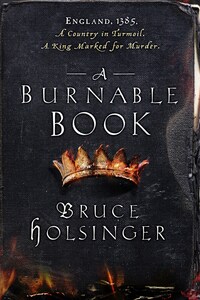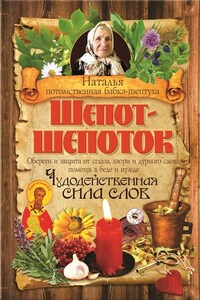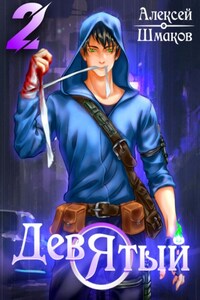At Prince of Plums shall prelate oppose
A faun of three feathers with flaunting of fur,
Long castle will collar and cast out the core,
His reign to fall ruin, mors regis to roar.
By bank of a bishop shall butchers abide,
To nest, by God’s name, with knives in hand,
Then springen in service at spiritus sung.
In palace of prelate with pearls all appointed,
By kingmaker’s cunning a king to unking,
A magnate whose majesty mingles with mort.
By Half-ten of Hawks might shender be shown.
On day of Saint Dunstan shall Death have his doom.
The thirteenth prophecy, from Liber de MortibusRegum Anglorum
(‘Book of the Deaths of English Kings’)
Richard II, King, son of Prince Edward (the Black Prince)
John of Gaunt, Duke of Lancaster, brother of Prince Edward
Henry of Bolingbroke, son and heir to John of Gaunt
Joan, Countess of Kent, mother of King Richard II
Robert de Vere, Earl of Oxford
Stephen Weldon, knight of Oxford’s faction
Katherine Swynford, governess and consort to John of Gaunt, sister-in-law of Geoffrey Chaucer
Robert Braybrooke, Bishop of London
William Wykeham, Bishop of Winchester
Michael de la Pole, Baron de la Pole and Lord Chancellor of England
Isabel Syward, Prioress of St Leonard’s Bromley
OFFICERS OF THE CITY OF LONDON AND SERVANTS OF THE CROWN
Thomas Pinchbeak, serjeant-at-law
Ralph Strode, common serjeant of London
James Tewburn, his clerk
Thomas Tyle, King’s Coroner of London
Nicholas Symkok, clerk to the King’s Coroner
Richard Bickle, goldsmith of London, beadle of Cheap Ward
Thomas Tugg, keeper of Newgate Prison
Geoffrey Chaucer, controller of the wool custom
Philippa Chaucer, his wife, sister of Katherine Swynford
COMMON WOMEN OF LONDON AND SOUTHWARK
Eleanor/Edgar Rykener, maudlyn of Gropecunt Lane
Mary Potts, maudlyn of Gropecunt Lane
Agnes Fonteyn, maudlyn of Gropecunt Lane
Joan Rugg, their bawd
Bess Waller, bawd of the Pricking Bishop; mother of Agnes and Millicent Fonteyn
St Cath, maudlyn of the Pricking Bishop
TRADESMEN, FREEMEN OF LONDON AND SOUTHWARK, AND COMMONERS
John Gower of Southwark, esquire and poet
Will Cooper, his servant
Simon Gower, his son, clerk to Sir John Hawkwood
Mark Blythe, mason of Southwark
George Lawler, spicerer of Cornhull
Jane Lawler, his wife
Denise Haveryng, widow of Cornhull
Nathan Grimes, master butcher of Cutter Lane, Southwark
Tom Nayler, his first apprentice
Gerald Rykener, his second apprentice and ward; brother of Eleanor/Edgar
Millicent Fonteyn, singlewoman of Cornhull; sister of Agnes Fonteyn
Sam Varney, gravedigger
Peter de Quincey, keeper of the books of Durham
John Clanvowe, knight of the King’s Chamber
John Purvey, curate of Lutterworth, disciple of John Wycliffe
John Hawkwood, mercenary knight, chief of the White Company
Adam Scarlett, his chief lieutenant
Jacopo da Pietrasanta, his chancellor
Giovanni Desilio, doctor of the Studium Generale, Siena
Under a clouded moon Agnes huddles in a sliver of utter darkness and watches him, this dark-cloaked man, as he questions the girl by the dying fire. At first he is kind seeming, almost gentle with her. They speak something like French: not the flavour of Stratford-at-Bowe nor of Paris, but a deep and throated tongue, tinged with the south. Olives and figs in his voice, the embrace of a warmer sea.
He repeats his last question.
The girl is silent.
He hits her.
She falls to the ground. He squats, fingers coiled through her lush hair.
‘Doovay leebro?’ he gently chants.‘Ileebro, mee ragazza.Ileebro.’ It could be a love song.
The girl shakes her head. This time he brings a fist, loosing a spray of blood and spittle from her lips. A sizzle on a smouldering log. Now he pulls her up, dangling her head before him, her body a broken doll in his hands. Another blow, and the girl’s nose cracks.








